|
|
|
|
Initially dismissed as a conspiracy theory, the hypothesis that SARS-CoV-2, the virus that causes COVID-19, may have come from a laboratory accident has been gaining traction in recent weeks. While the World Health Organization has said the virus probably crossed into humans from animals, no definitive proof of any theory has yet been found. That’s why we need a proper investigation into the origin of the pandemic that definitively establishes where the virus came from, write Virginie Courtier and Etienne Decroly.
A Belarusian fighter jet intercepted a flight carrying a Belarusian opposition journalist and 132 other passengers and forced it down in Minsk, the capital of Belarus, on May 23. When the journalist was arrested upon landing, it became clear that Belarus’s repressive leader, Alexander Lukashenko, had conducted a state-sponsored hijacking to quash dissent. The incident infuriated governments in Europe and the US – but not Russian leader Vladimir Putin whose defiant support of the rogue Belarusian regime adds yet another contentious topic to President Joe Biden’s agenda in a U.S.-Russia summit planned for June 16. Belarus expert Tatsiana Kulakevich provides insights.
|
Megan Clement
Chef de rubrique « En anglais »
|

|
|
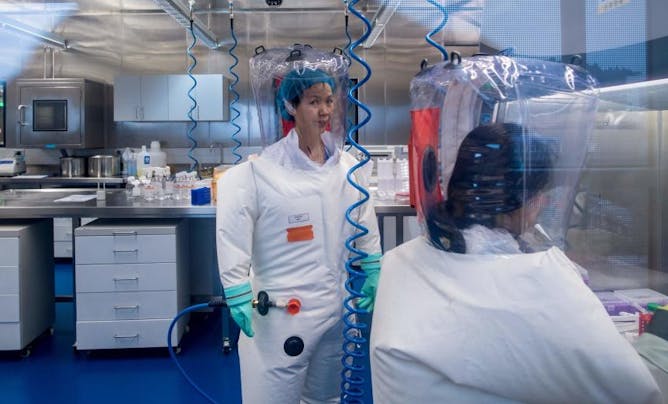
Chinese virologist Shi Zhengli inside the P4 laboratory in Wuhan.
Johannes Eisele/AFP
Virginie Courtier, Université de Paris; Etienne Decroly, Aix-Marseille Université (AMU)
The lab accident theory of the origins of Covid-19 has gained traction in recent months. We need a proper investigation to find out what really happened.
|
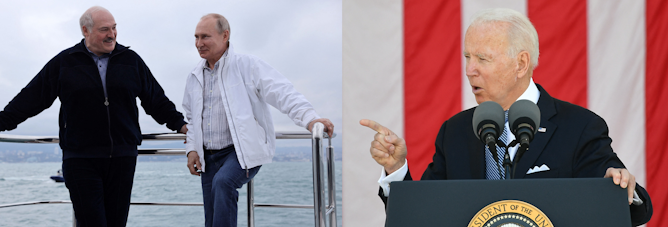
Biden is expected to confront Russian leader Vladimir Putin (center) over his stalwart backing of Europe’s last dictator, Alexander Lukashenko (left).
From left to right: Sergei Ilyin/Sputnik/AFP via Getty Images and Mandel Ngan/AFP via Getty Images
Tatsiana Kulakevich, University of South Florida
Some tension was inevitable at the June 16 US-Russia summit. But Vladimir Putin's defiant support for Belarus's rogue regime now pits him harder against the West.
|
Health + Medicine
|

Sunita Sah, University of Cambridge
Over half of respondents in a recent study hadn't been asked for their opinions about returning to the office.
| |
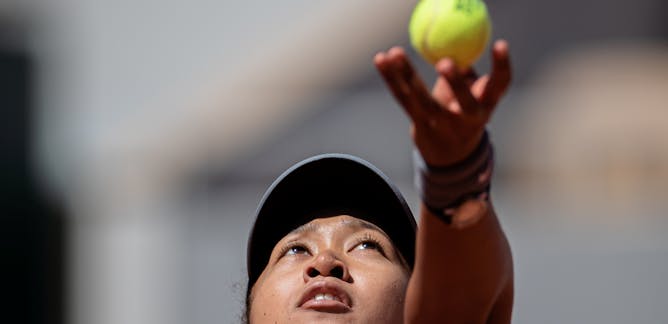
Dorothy Chin, University of California, Los Angeles; Tamra Burns Loeb, University of California, Los Angeles
The high-profile athlete's struggles raise questions about society's views on mental health, as well as the effects of race, gender and fame on well-being.
|
|
|
Politics + Society
|
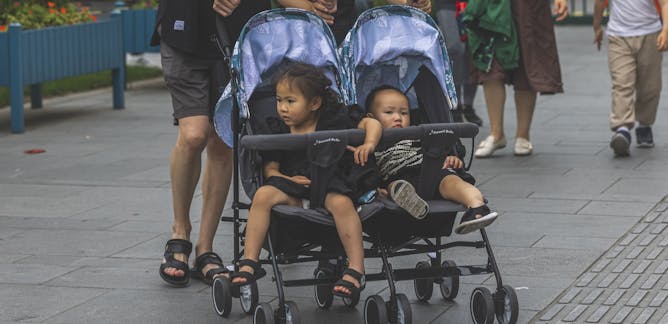
Jieyu Liu, SOAS, University of London
China will now allow couples to have up to three children -- but what is stopping families from welcoming this new policy?
| |
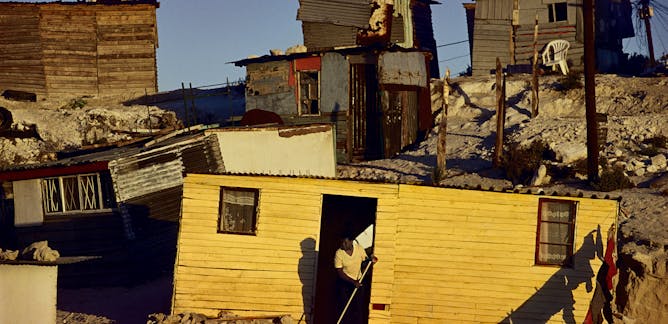
Edward Webster, University of the Witwatersrand
Rethinking capitalism requires that the primary focus should be on the distribution of economic power as the potential leading causal factor driving inequality.
|
|
|
En Français
|
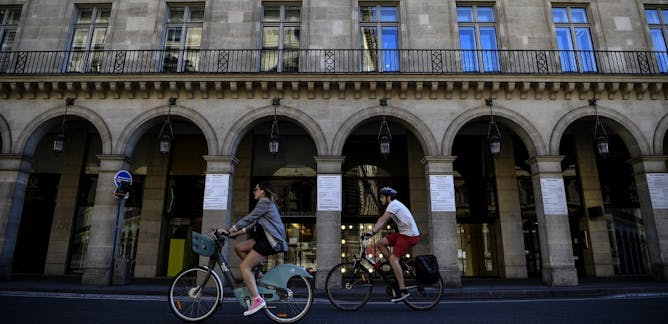
Jérôme Denis, Mines ParisTech; Nolwenn Garnier, Mines ParisTech
Apparues avec la crise sanitaire, ces pistes cyclables témoignent de la façon dont la pandémie a pu transformer les villes.
| |
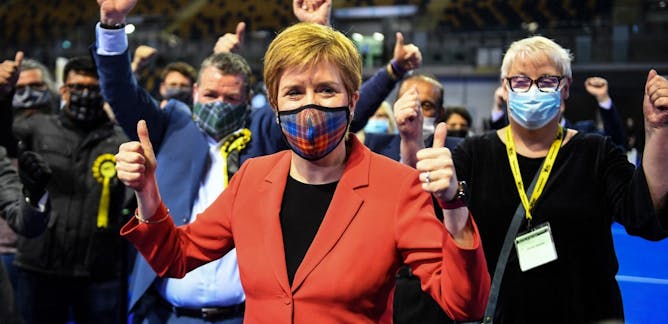
Jérémy Elmerich, Université Polytechnique des Hauts-de-France
En plébiscitant le SNP, parti de la première écossaise Nicola Sturgeon, aux élections législatives du 6 mai, les Écossais ont exprimé leur appui à la tenue d’un nouveau référendum d’indépendance.
|
|
|
| |
| |
| |
| |
| |
| |
|
|
|
|
|
|
|